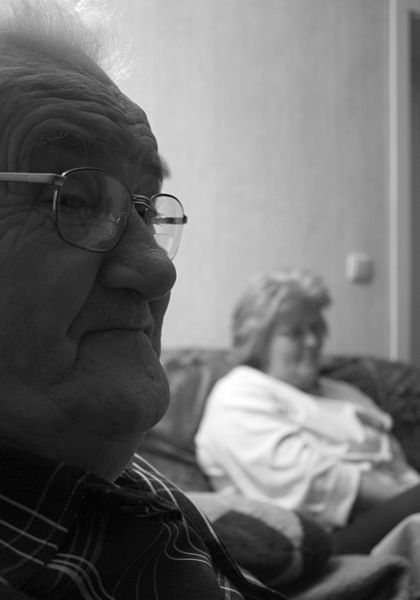Over-65s at increased risk of developing dementia with benzodiazepine
October 1, 2012
Patients over the age of 65 who begin taking benzodiazepine (a popular drug used to treat anxiety and insomnia) are at an approximately 50% increased risk of developing dementia within 15 years compared to never-users, an open access study published on bmj.com suggests.
The authors say that “considering the extent to which benzodiazepines are prescribed and the number of potential adverse effects, indiscriminate widespread use should be cautioned against.”
Benzodiazepine is a widely prescribed drug for the over 65s in many countries: 30% of this age group in France, 20% in Canada and Spain, 15% in Australia. Although less widespread in the UK and U.S., it is still very widely used and many individuals take this drug for years despite guidelines suggesting it should be limited to a few weeks.
Previous studies have found an increased risk of dementia, but others have been inconclusive.
So researchers from France carried out a study on 1063 men and women (average age 78) in France who were all free of dementia at the start. The study started in 1987 and follow-up was 20 years.
In absolute numbers, the chance of dementia occurring was 4.8 per 100 person years in the exposed group compared to 3.2 per 100 person years in the non-exposed group. A “person year” is a statistical measure representing one person at risk of development of a disease during a period of one year.
The authors say that although benzodiazepine remains useful for treating anxiety and insomnia, there is increasing evidence that its use may induce adverse outcomes in the elderly such as serious falls and fall-related fractures and this study may add dementia to the list.
They say that their data add to the accumulating evidence that the use of benzodiazepines is associated with increased risk of dementia and, if true, that this “would constitute a substantial public health concern.” So taking the evidence of potential adverse effects into account, physicians should assess expected benefits, limit prescriptions to a few weeks, and uncontrolled use should be cautioned against.
They conclude that further research should “explore whether use of benzodiazepine in those under 65 is also associated with increased risk of dementia and that mechanisms need to be explored explaining the association.”
Among the many common brand names for benzodiazepines are Xanax, Librium, Valium, and Halcion. President George W. Bush’s Halion use came to light in January 1992 during his trip to Japan, in which he vomited and collapsed in a faint during a state dinner with the Japanese prime minister.
